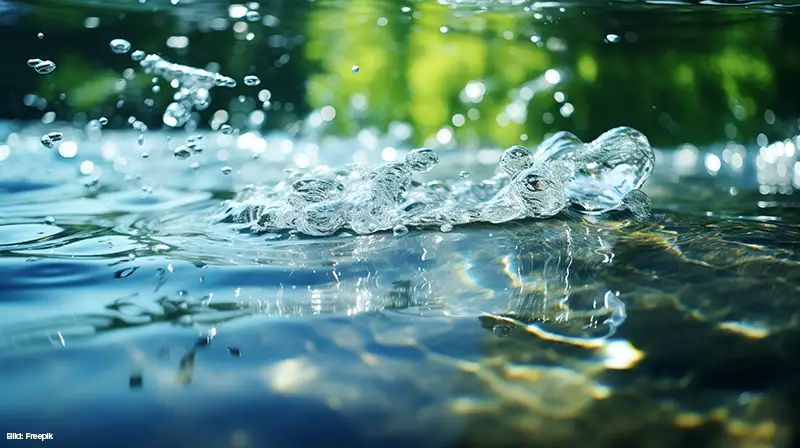Earth is often referred to as the “blue planet” because around 71% of its surface is covered by water. But did you know that only about 2.5 % of this water is fresh water? The rest consists of salt water that lies in the oceans. Of this 2.5%, the majority is trapped in glaciers, ice caps and deep aquifers. In fact, less than 1% of all the water on earth is available to us humans as drinking water. [Source: https://www.quarks.de/umwelt/faq-so-viel-wasser-gibt-es-auf-der-erde/]
How long will our freshwater reserves last?
Access to fresh water is distributed very differently from region to region. While some areas have abundant water resources, others suffer from extreme water scarcity. Due to increasing water consumption in agriculture, industry and households as well as climate change, our limited fresh water is becoming increasingly scarce. Scientists estimate that by 2025, around half of the world’s population will live in water-scarce regions.
Why can’t we just use salt water?
A frequently asked question is: Why don’t we use the seemingly endless salt water of the oceans? The answer is simple: salt water is unpalatable for humans and animals and unsuitable for plants. To turn salt water into fresh water, a process called reverse osmosis is used to remove the salt. However, this is very energy-intensive and expensive. Especially in water-scarce regions with limited access to energy, this solution is often not an option. It is therefore all the more important to use the available freshwater resources efficiently.
Saving water in agriculture and everyday life
Did you know that around 70% of the world’s fresh water is used in agriculture? A large proportion of this is lost through inefficient irrigation methods. But we also often waste water in everyday life, whether it’s by sprinkling the lawn, washing the car or through leaky taps. [Source: https://www.landwirtschaft.de/umwelt/natur/wasser/die-landwirtschaft-verbraucht-weltweit-zuviel-wasser]
Conclusion: Every drop counts!
Our water resources are precious and limited. It is our responsibility to use them consciously and sustainably. By taking simple everyday measures, such as watering sparingly or using water-efficient technologies, we can help to protect this vital resource. One solution for reducing water consumption, particularly in agriculture, is innovative technologies such as water-storing granulates (hydrogels). These granules can store water and release it to plants as required. This not only reduces water consumption, but also improves the water supply during dry periods.

